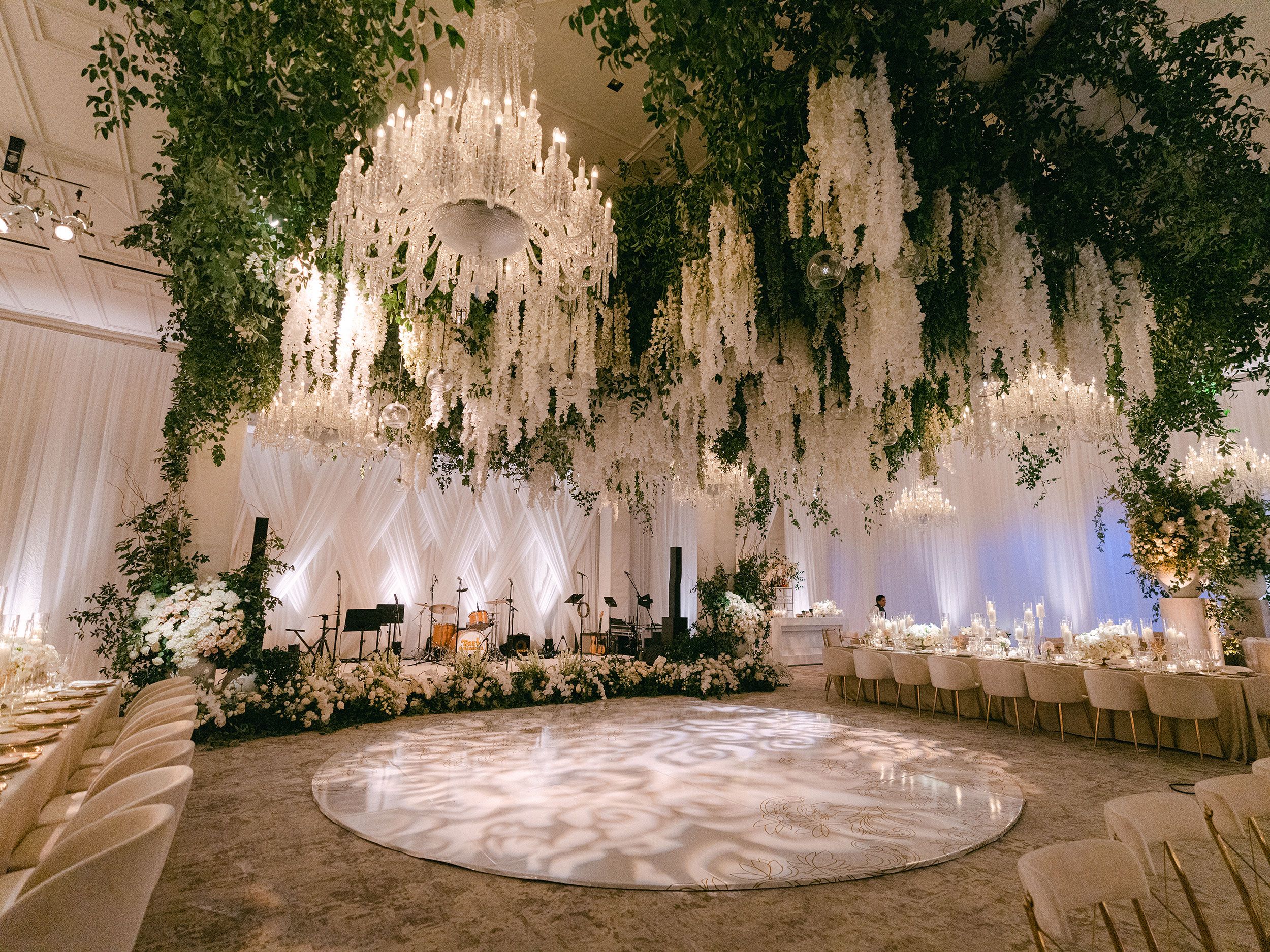Planning a wedding event involves a comprehensive approach to ensure that the day is memorable and runs smoothly for the couple and their guests. Here’s a detailed guide to organizing a wedding event:
Pre-Event Planning:
-
Set a Budget:
- Determine the overall budget for the wedding, including all expenses such as venue, catering, attire, decorations, and entertainment.
-
Choose a Date and Venue:
- Select a wedding date that works for the couple and their key guests.
- Choose a venue that fits the wedding theme and accommodates the desired number of guests.
-
Create a Guest List:
- Compile a guest list based on priority and capacity constraints of the chosen venue.
-
Hire Vendors:
- Book essential vendors such as caterers, photographers, videographers, florists, and musicians or DJs.
- Consider additional services like transportation, hair and makeup artists, and event planners if needed.
-
Plan the Ceremony and Reception:
- Decide on the ceremony style (religious, civil, etc.) and venue.
- Plan the reception, including seating arrangements, menu selection, and entertainment options.
-
Wedding Attire and Accessories:
- Choose wedding attire for the couple, including outfits for the ceremony, reception, and any other events.
- Select accessories such as jewelry, shoes, and veils or headpieces.
Event Day Execution:
-
Early Arrival and Setup:
- Arrive at the venue early to oversee final setup and decorations.
- Ensure all vendors are coordinated and everything is in place as planned.
-
Ceremony Coordination:
- Coordinate the arrival and seating of guests.
- Ensure the officiant and wedding party are briefed on the ceremony order.
-
Reception Management:
- Welcome guests to the reception and manage the flow of events (e.g., speeches, first dance, cake cutting).
- Coordinate with the catering staff to ensure smooth service and timing of meals.
-
Photography and Videography:
- Work with the photographer and videographer to capture key moments throughout the day.
- Arrange for any planned photo sessions (e.g., family portraits, couple’s portraits).
-
Guest Experience:
- Ensure guests are comfortable and informed throughout the event.
- Provide amenities such as seating cards, favors, and guestbooks as planned.
-
Emergency Preparedness:
- Have a contingency plan in place for unforeseen circumstances, such as weather changes or vendor delays.
- Assign a point of contact for troubleshooting and handling any issues that may arise.
-
Bride and Groom Support:
- Assist the couple with any needs or requests throughout the day.
- Ensure they have moments of privacy and relaxation as needed.
-
Final Details and Departure:
- Coordinate the cleanup and breakdown of decorations after the reception.
- Ensure gifts and personal items are collected and safely transported.
Post-Event Follow-Up:
-
Vendor Payments and Thank-Yours:
- Arrange for final payments to vendors and settle any outstanding balances.
- Send thank-you notes or emails to vendors, guests, and anyone who helped make the day special.
-
Legal and Administrative Tasks:
- Obtain and file necessary legal documents, such as marriage licenses.
- Update personal records (e.g., name changes, address changes).
-
Reflect and Celebrate:
- Take time to reflect on the wedding day and celebrate with loved ones.
- Review photos and videos to relive the memorable moments.
Information
6PM - 1AM
1260 River Street Hyde Park, MA USA 02136


